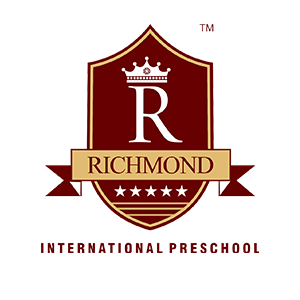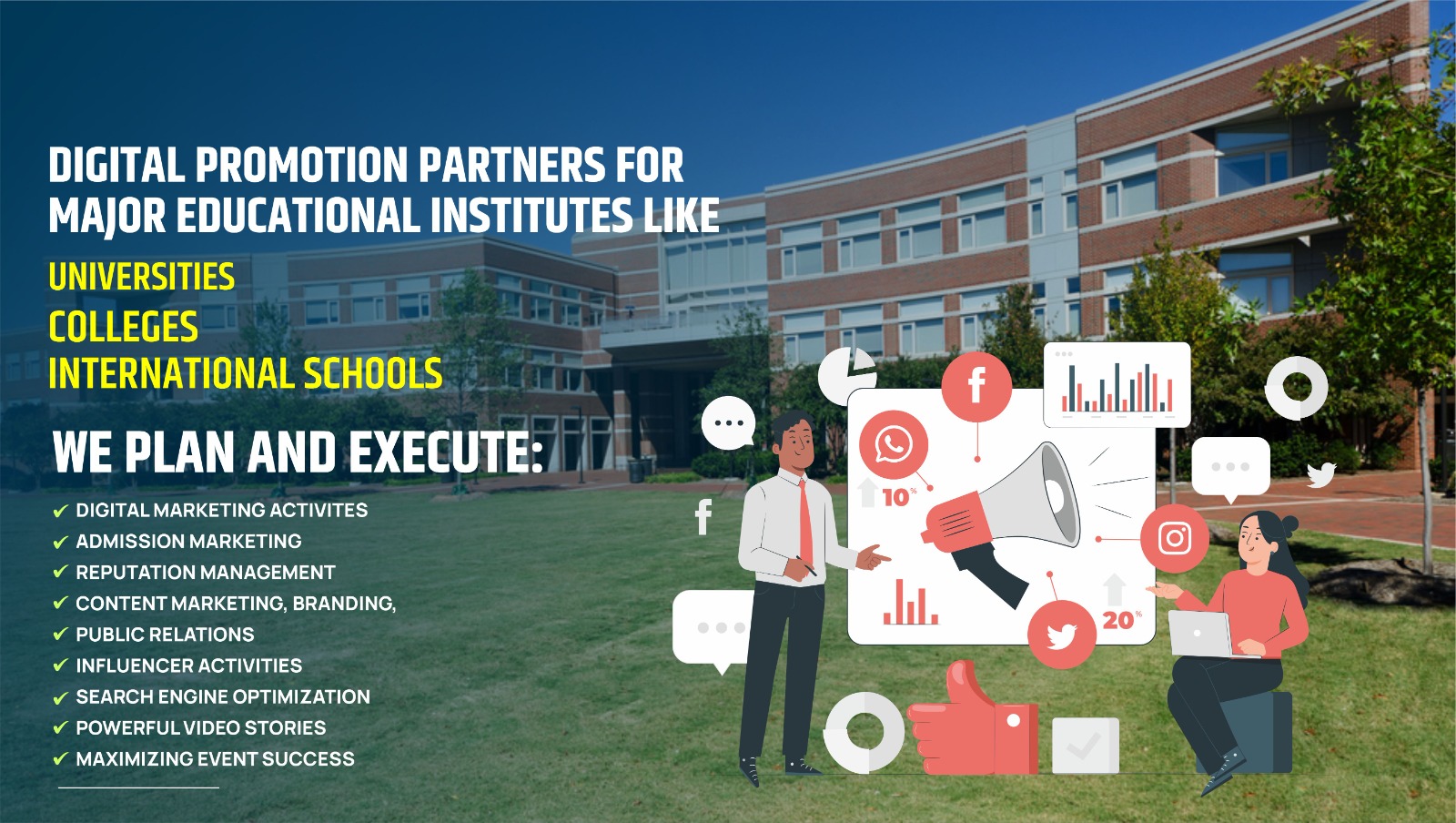Wish to be an Educational Institute with a magnificent Brand Image online?
We are a Digital Partner of Educational Institutes like International Schools, Colleges, Campus, University, etc Our Major Activities includes Digital Marketing Activities, Content Marketing, Branding, Public Relations, Influencer Engagements & PR, Search Engine Optimization (SEO), Admission Marketing, Reputation Management, Powerful Video Stories & Maximizing Event Success.
Digital Strategies for Educational Institute, Get your FREE SOCIAL MEDIA STRATEGY and ROI REPORT, that best suits your Institutes goals, today!
HOW IT WORKS?
WHAT OUR CLIENT SAYS
Working with Host2Unlimited has transformed our school's online presence. Their creative strategies and engaging content have significantly boosted our enrollment inquiries. The team is professional, responsive, and truly understands our needs. We couldn't be happier with the results!
The team at Host2Unlimited has been instrumental in enhancing our digital marketing strategy. Their targeted campaigns have increased our engagement rates and brought a fresh perspective to our social media channels. We highly recommend their services to any educational institution looking to make a mark online
Collaborating with Host2Unlimited has been a game-changer for us. Their in-depth understanding of social media trends and their ability to tailor content to our school's unique culture has driven significant growth in our online community. They are a valued partner in our marketing efforts.
The social media campaigns designed by Host2Unlimited have helped us connect with our community in ways we never thought possible. Our events are now well-attended, and our social media pages are buzzing with activity. Their expertise has made a tangible difference in our outreach efforts.
WHY CHOOSE HOST2UNLIMITED?

Optimized Web Development

Google optimized Search Engine Optimization

Powerful Video Stories

Admission Leads via Online Ad Campaigns

Awareness by Social Media Promotion

Maximizing Event Success
Over a Decade of Experience of Working with some of the Best Educational Institutes of Maharashtra!













